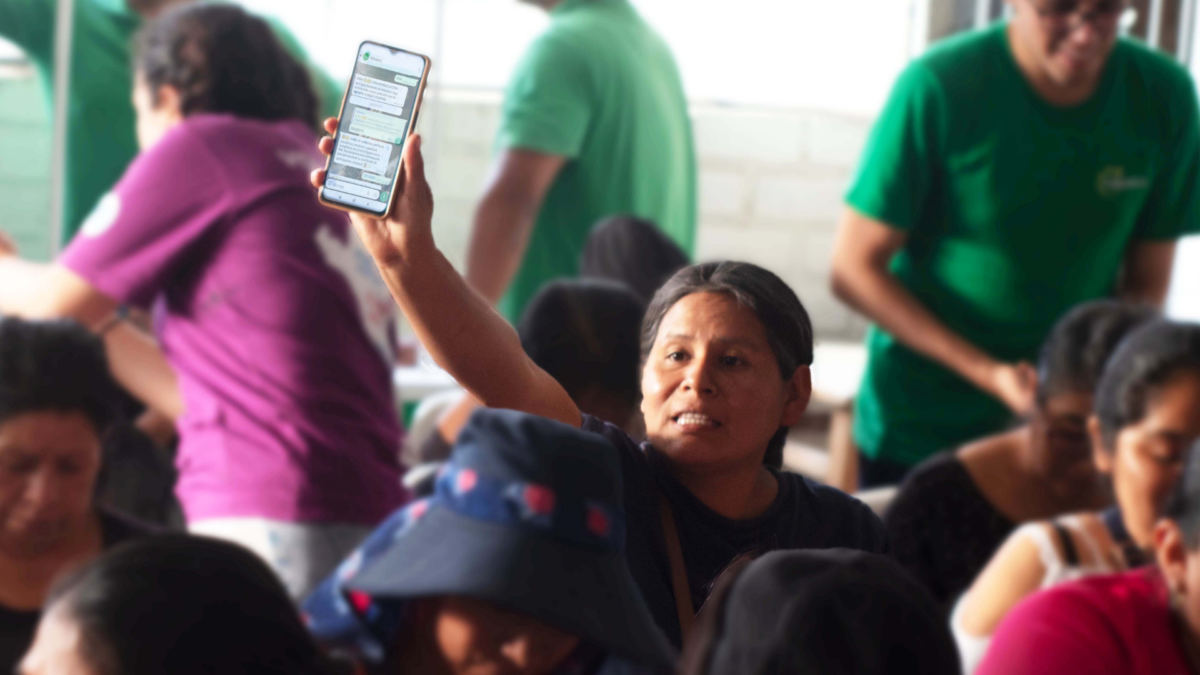Assessing real skills and digital training are key to closing employment gaps and enhancing economic growth in the region.
Similarly, the use of personal networks for hiring presents another significant challenge. 51% of workers feel they have missed job opportunities due to not having the right connections. Therefore, it is crucial for companies to adopt objective assessment methods to expand their candidate pool and reduce reliance on personal networks.
In addition, the digital transition is essential for staying competitive. 58% of employees believe the skills required will change significantly in the next five years. In response to this trend, Latin American companies must prioritize training in digital, analytical, and creative skills to adapt to market changes.
At the same time, innovative initiatives like those from Musa, which uses WhatsApp, have impacted over 350,000 people in just two years. Such innovation is crucial for quickly addressing skill gaps. At the governmental level, it is equally important to align educational programs with labor market demands to support this transformation process.
In summary, for Latin America to reach its full potential, a shift in mindset towards valuing practical skills over academic degrees is essential. Collaboration across all sectors can turn this vision into reality, thereby strengthening the economy and future of the region.
For a complete review of the information, access here.





